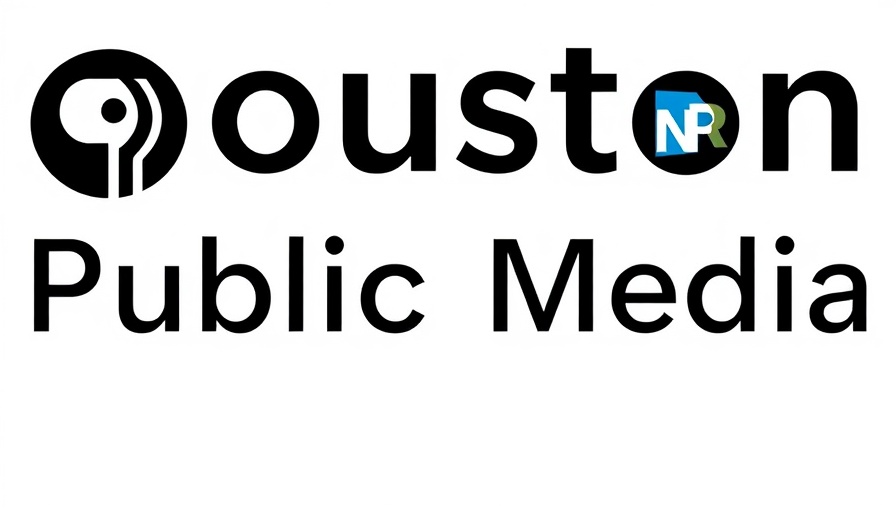
The Depth of the Tragedy
The recent flooding in Kerr County has left 27 campers and counselors confirmed dead, while countless families are still searching for their loved ones. This tragedy, marked by the deaths of two Houston elementary students, brings to the forefront the profound grief that communities face during such calamities. Public officials and citizens alike are striving to support the affected families while grappling with the emotional aftermath of this disaster.
Controversy Amidst Mourning
In a counterproductive move, Sade Perkins, a former member of Houston’s food insecurity board, took to TikTok to make racially charged comments regarding Camp Mystic. Referring to it as a “whites-only enclave,” Perkins’ remarks sparked immediate outrage, as many felt her words undermined the heartbreaking situation unfolding at the camp. Houston Mayor John Whitmire condemned her comments, stating that they were not only inappropriate but also overshadowing the grief experienced by families who have lost loved ones in the floods.
Implications of Racial Commentary
The implications of Perkins' comments extend beyond mere insensitivity; they reflect a larger conversation about systemic racism and equity within disaster response. As the mayor pointed out, the nature of media coverage often varies significantly by race and socio-economic status. This raises uncomfortable questions; had the victims been from a different background, would the same level of attention and urgency be granted? It’s crucial for communities, especially those in leadership, to reflect on the social dynamics that alter perceptions and reactions during crises.
The Mayor's Response
Mayor Whitmire's swift move to permanently remove Perkins from the board signals a decisive stand against racism and engagements unaligned with the city’s values. In his statement, he emphasized the need for compassion and respect, particularly in moments when communities are grieving. By seeking to decouple Perkins from any role in advising the city on food insecurity, he aims to not only address the controversy but to also bolster the integrity of the board’s mission.
Creating Bridges in a Divided Society
Cultivating a united community amid disaster and tragedy is essential. Open discussions and mutual understanding can aid in reconnecting the community. Events aimed at fostering solidarity and reconciliation may serve as constructive platforms for dialogue. As residents navigate the aftermath of the floods, opportunities to volunteer and provide assistance to those affected can foster a sense of unity and purpose.
Conclusion: A Call for Empathy and Action
In the face of such devastating events, it is vital for everyone to approach discussions with empathy and care. While Perkins' comments may have ignited a storm of backlash, they also point to a crucial moment for reflection on societal values. Moving forward, communities must not only support the victims of the floods but also engage in meaningful conversations about inclusion, equity, and response in times of crisis. It’s imperative that individuals stand together, investing in their communities and nurturing a spirit of solidarity. In the wake of the flooding, consider lending your support to local charities and initiatives aiding those affected—every gesture counts towards rebuilding and healing.
 Add Row
Add Row  Add
Add 



 Add Row
Add Row  Add
Add 

Write A Comment